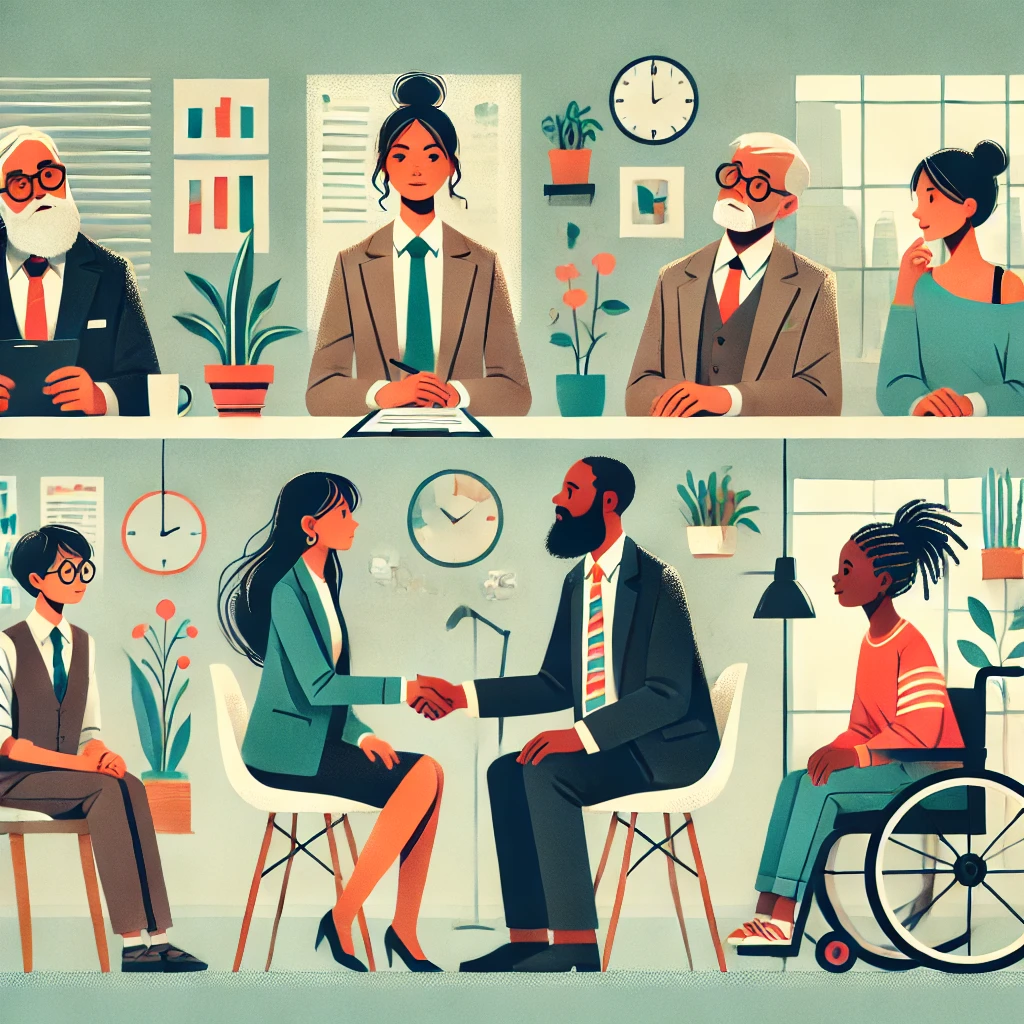Introduction
When preparing for a job interview, candidates often focus on articulating their professional qualifications, experiences, and skills. However, an increasingly common prompt that interviewers use to break the ice and get to know candidates better on a personal level is asking them to share “fun facts” about themselves. This seemingly casual request can actually play a crucial role in setting the tone for the interview, making a memorable impression, and showcasing your personality. Here’s how to effectively share fun facts about yourself in an interview setting.

Understanding the Purpose
Before diving into what kind of fun facts to share, it’s important to understand why interviewers ask for them. Primarily, this question helps to:
- Break the Ice: Starting an interview with a light-hearted query can ease nerves, making the atmosphere more comfortable for both the interviewer and the candidate.
- See Beyond the Resume: Fun facts provide a glimpse into who you are outside of your professional life. This can help interviewers assess cultural fit and how you might interact with other team members.
- Gauge Creativity and Spontaneity: How you respond can also indicate your ability to think on your feet.
Choosing Your Fun Facts
Selecting the right fun facts is key. You want to be memorable for the right reasons. Here are some tips to help you choose:
- Keep It Professional: Even though you’re sharing personal insights, it’s important to keep the context professional. Choose facts that reflect positively on you and avoid overly personal or potentially controversial topics.
- Be Relevant: If possible, tie your fun facts back to the job or company culture. For example, if you’re applying to a publishing company, you might share your passion for collecting rare books.
- Showcase Unique Skills or Hobbies: Unique hobbies or skills can make you stand out and add an interesting layer to your professional image. For instance, you might share that you practice aerial silks or competed in chess tournaments.
- Include Achievements: Fun facts don’t just have to be about hobbies or interests. They can also be informal achievements, like completing a challenging hiking trail or mastering a new language.
How to Present Your Fun Facts
The way you present your fun facts can be just as important as the facts themselves. Here’s how to do it effectively:
- Be Concise: While it’s important to be informative, keep your facts succinct. Aim for a quick, engaging delivery that sparks interest but doesn’t dominate the conversation.
- Be Enthusiastic: Show genuine enthusiasm when sharing your fun facts. Enthusiasm can be infectious and can help create a positive impression.
- Prepare, But Be Spontaneous: While it’s good to prepare, try to deliver your facts in a way that feels spontaneous and natural rather than rehearsed.
Examples of Good Fun Facts
To give you an idea, here are some examples of good fun facts that candidates might share:
- Travel Enthusiast: “I love exploring new cultures and have visited 30 countries so far. I aim to visit a new country every year.”
- Volunteer Work: “I’ve been volunteering at the local animal shelter every weekend for the past year. It’s taught me patience and given me a lot of joy.”
- Passion for Learning: “I’m currently learning how to code in Python. I enjoy challenging myself to learn new skills outside of my work field.”
- Creative Pursuits: “I write and illustrate children’s books in my spare time. It’s a passion project that allows me to harness my creativity.”

Conclusion
Sharing fun facts about yourself in an interview is a great opportunity to show your human side to potential employers. By choosing appropriate, interesting, and engaging facts, you can make a lasting impression that might just tip the scales in your favor. Remember, the goal is not just to inform but also to engage and entertain, adding a personal touch to your professional narrative. This approach not only makes the interview more enjoyable for all involved but also significantly boosts your chances of being remembered and appreciated long after the interview is over.

